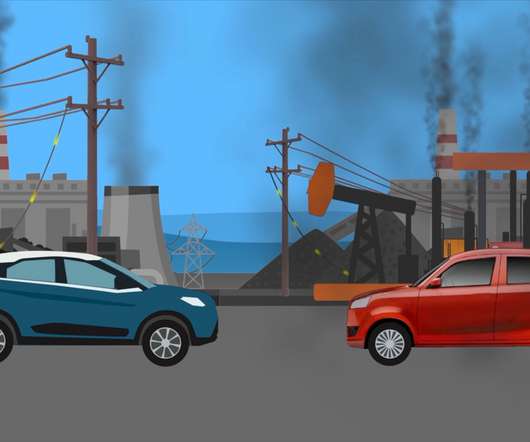DNV GL paper suggests near-term success for LNG in shipping; alternative fuel mix to diversify over time
Green Car Congress
JANUARY 29, 2014
DNV GL has released a position paper on the future alternative fuel mix for global shipping. The global merchant fleet currently consumes around 330 million tonnes of fuel annually, 80-85 per cent of which is residual fuel with high sulfur content. Well-to-Propeller GHG emissions results for marine alternative fuels. Source: DNV GL.












Let's personalize your content